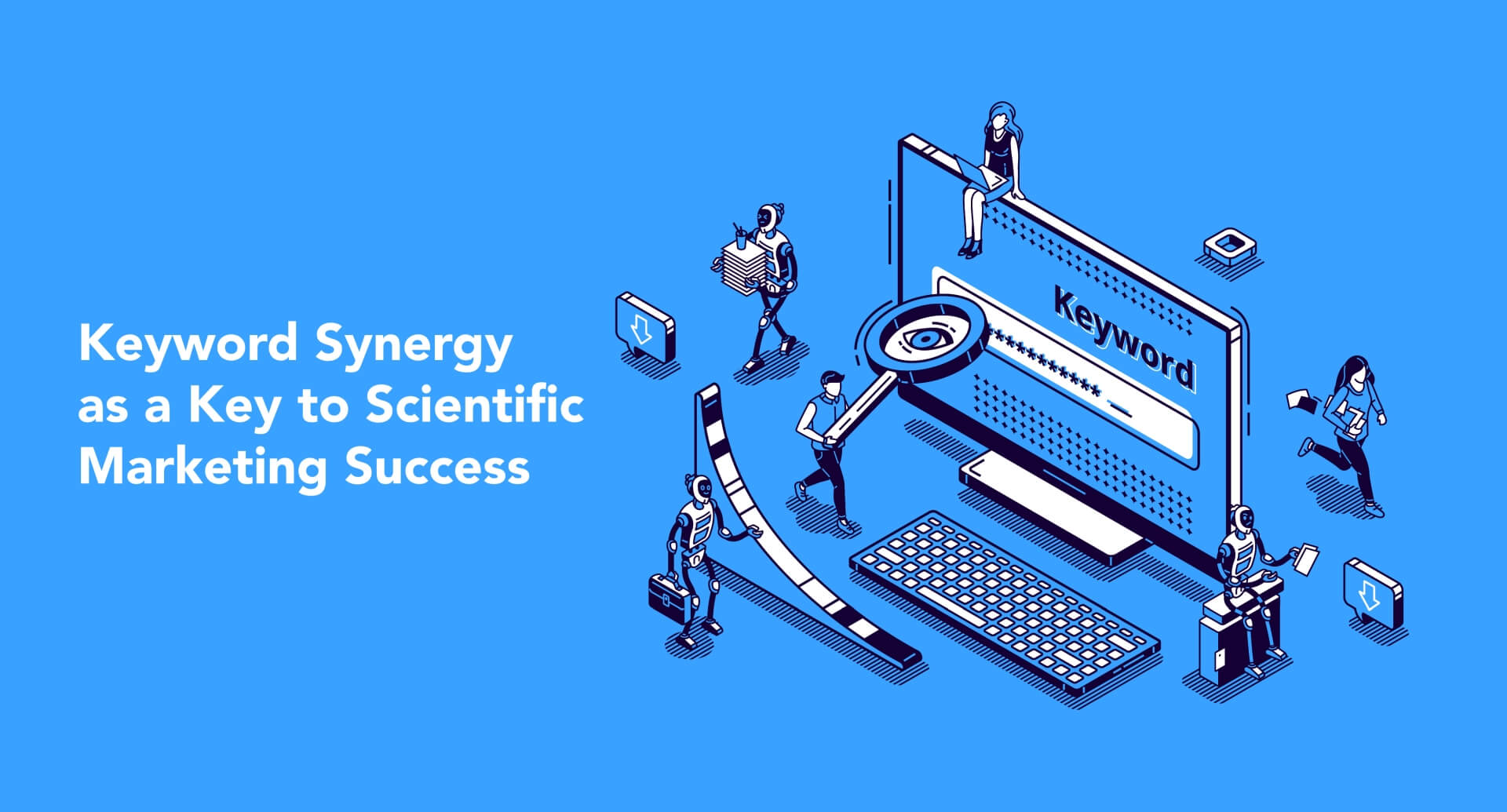Today, we will discuss the importance of paid search and keyword synergy, especially in the context of Google advertising.
The survey revealed that 36% of respondents planned to increase their ad budget for paid search as early as 2023, and 38% considered it a high or very high priority for 2024. With this data in mind, here are a few tips and pitfalls to consider when creating an advert on Google.
The first step is to create an ad. You should select keywords after choosing the URL you want to target and identifying the content you want to promote. There are three main factors to consider.

Keyword relevancy is crucial. It is essential to balance relevancy and search volume as Google focuses on earning money from adverts. Moreover, you should consider user intent when choosing keywords. They can be commercial, informational, or transactional; your choice should depend on your campaign goals. When someone searches for a keyword on your topic, they will get results relevant to your area, brand, etc. The quickest way to check relevancy is to go to Nito in Chrome or a similar browser and type in a keyword.
If you are planning a brand awareness campaign, you should use commercial and informational keywords, and if you are targeting an ebook download like Toon, you should go for transactional words.

Keyword synergy in your adverts is a key to success. It's crucial to include as many of these words as possible in ad titles and descriptions but keep them clear and meaningful. This approach will help attract a target audience and improve your ad rankings on Google. We mainly want to get Keyword Synergy because the user needs to know what the ad is about, understand it quickly, and see it in the search engine. As a result, you will get a higher ad ranking. You are more likely to show your ad at any given price than your competitors.

You set your budget, choose your display geography, and give your ad a name. Once it's created, you should think about measuring performance. To measure the performance of your ad campaign, you should set an overall goal and adjust the conversion tracking in Google Ads. You can add tags to your website, use Google Tag Manager, or, more applicable - import them from your analytics platform like Google Analytics, Adobe, etc. Make sure you set these up before you start making adverts. They are a perfect way to assess performance. Keyword optimization is also essential, allowing you to tailor your campaign to your target audience. If you cast a wide net, it won't cost you much but can help you get more of the correct exposure, in this case, more leads.
What matters is how many people reach the right impressions when they discover your ad and click on it and how many of those impressions become clicks, which is the CTR. That's what your key metrics are. Going back to the ebook download example, the key metrics you're trying to get, i.e., generate, is lead data, that is, data about people searching for the book. You determine your conversion rate and cost per conversion.

The image on the slide depicts a client who wanted to benefit from the ads' performance. They tried to get conversions, but the ads were ineffective. Word combinations were weak, so we adjusted them. We set up a new ad. The CTR stayed about the same.
You need to know the metrics most crucial in a particular campaign and then move on to optimization. You can do a lot to optimize your ads: look at poorly performing keywords, titles, descriptions, site images, and links, change them, add new keywords, etc.
Google provides a vast amount of data that you can use to see what's working well and what's not. I recommend being patient first. Google's documentation states that when you first set up your listing, it takes between 2 and 4 weeks to optimize. So, Google will test all your headlines and descriptions to find which ones work best. Based on that, it will decide which ones to show more because they are more effective. The process can take 3-6 weeks. Try to make as few changes as possible at the beginning of the campaign. Do this when you have more data to draw on and can be bolder with changes.
In conclusion, a successful Google advertising campaign requires careful planning, user experience, and constant optimization. With the right approach, it can be a powerful tool for attracting new customers and increasing your business profits. Reach out to Nanobot Experts today to discuss your next successful Google Ads campaign!
Materials:
https://www.samps.org/webinars/the-state-of-scientific-marketing-in-2024







